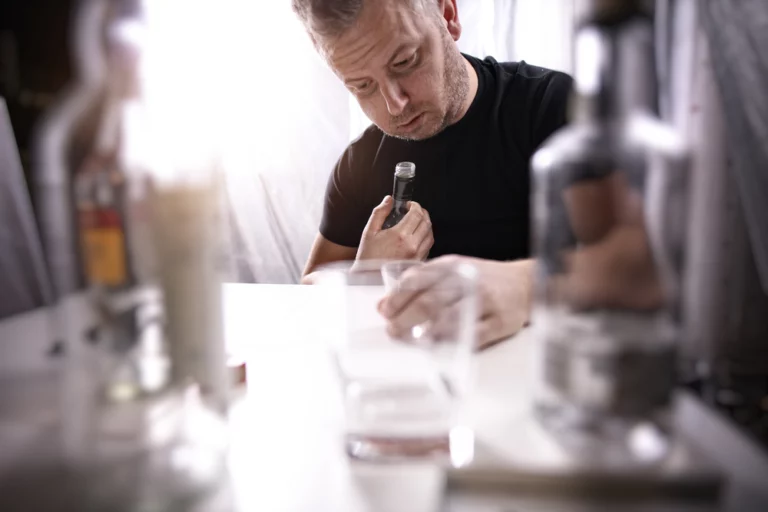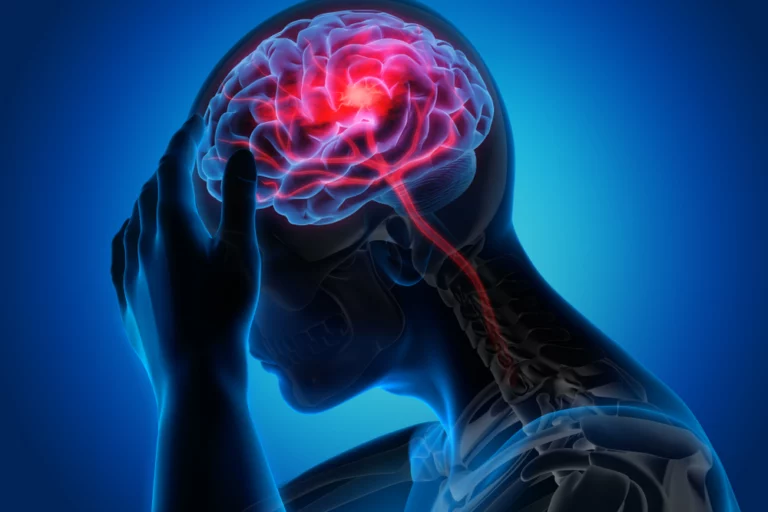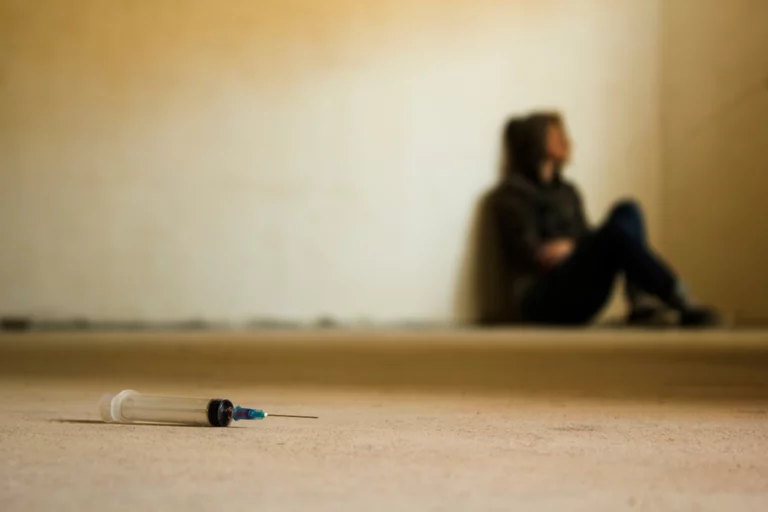What is Positive Psychotherapy?
Positive Psychotherapy (PPT) is a refreshing approach to mental health treatment that focuses on an individual’s strengths, virtues, and potential for growth. Instead of concentrating solely on eliminating negative symptoms, PPT works to enhance overall well-being by encouraging positive emotions, meaningful engagement, and purpose in life.
This innovative therapy is gaining recognition for its effectiveness in addressing various mental health concerns, such as depression, anxiety, and even substance use disorders. At Louisville Recovery Center, we’re proud to incorporate Positive Psychotherapy into our holistic treatment programs because we believe in empowering our clients to unlock their full potential.
The Foundations of Positive Psychotherapy
PPT was developed in the 1970s by Dr. Nossrat Peseschkian, blending psychodynamic and humanistic principles. What sets it apart is its emphasis on cultural narratives and personal strengths. At its core, Positive Psychotherapy encourages individuals to view their challenges through a more hopeful and balanced lens, helping them realize their capacity to overcome difficulties.
Some of the foundational principles of PPT include:
- Hope and Balance: By acknowledging both the positive and negative aspects of life, individuals are encouraged to foster hope for the future.
- Self-Help and Responsibility: PPT empowers individuals to take an active role in their recovery, emphasizing that they have the tools within themselves to heal and thrive.
- Positive Interpretation: Negative experiences are reframed to uncover potential lessons or benefits, promoting resilience and adaptability.
By focusing on these elements, PPT shifts the narrative from “fixing what’s wrong” to “building on what’s right.”
Why Positive Psychotherapy Works in Addiction Recovery
Recovering from addiction is a deeply personal journey, and every individual’s experience is unique. Positive Psychotherapy aligns perfectly with this idea, offering a strength-based approach that meets individuals where they are.
Instead of focusing solely on deficits or past mistakes, PPT builds on a person’s existing virtues. This shift in perspective can be transformative for those in recovery. Here’s how:
- Boosting Motivation: When individuals recognize their strengths, they feel more capable and motivated to tackle challenges like sobriety.
- Preventing Relapse: Positive emotions and an overall sense of well-being act as protective factors against relapse, providing healthier ways to cope with stress.
- Improving Life Satisfaction: By fostering happiness and engagement, PPT helps individuals build fulfilling lives that support long-term recovery.
For those struggling with substance use disorders, this approach can be life-changing. Instead of dwelling on what went wrong, it focuses on creating a brighter future.
The Science Behind Positive Psychotherapy
Research backs up the effectiveness of Positive Psychotherapy, showing its ability to improve mental health outcomes across various settings. For instance:
- Studies have found that individuals who participated in PPT experienced significant reductions in depressive symptoms compared to those in traditional therapy.
- Research has even suggested that PPT was particularly effective for individuals recovering from substance use disorders, leading to improvements in well-being and a decrease in substance use.
These types of findings highlight why PPT is becoming an increasingly popular choice in mental health and addiction treatment.
How Louisville Recovery Center Incorporates Positive Psychotherapy
At Louisville Recovery Center, we’ve seen firsthand how empowering it can be for individuals to focus on their strengths. That’s why we integrate Positive Psychotherapy into our treatment programs. Our approach is holistic, addressing the entire person—mind, body, and spirit—rather than just their symptoms.
Here’s how we bring PPT to life in our programs:
- Empowering Clients: We work with individuals to identify their unique strengths, helping them feel confident and capable in their recovery journey.
- Promoting Resilience: By teaching clients to reframe challenges and setbacks positively, we equip them with tools to handle life’s obstacles without turning to substances.
- Fostering Fulfillment: We encourage clients to explore activities, relationships, and goals that bring meaning and joy to their lives.
Positive Psychotherapy isn’t just a therapeutic technique—it’s a mindset. It’s about helping individuals see the good in themselves and their potential for a brighter, more fulfilling future.
Why Positive Emotions Matter in Recovery
Positive Psychotherapy emphasizes the power of emotions like gratitude, hope, and joy. These emotions are more than just “feel-good” moments—they’re essential for long-term recovery. Research has shown that cultivating positive emotions can:
- Strengthen relationships
- Improve mental health
- Enhance problem-solving abilities
- Increase resilience to stress
By incorporating exercises that build positive emotions, such as journaling, practicing gratitude, or engaging in creative activities, PPT helps individuals build a foundation for sustained recovery.
Take the Next Step with Louisville Recovery Center
At Louisville Recovery Center, we believe that everyone has the power to overcome addiction and build a fulfilling life. Positive Psychotherapy is just one of the many tools we use to help our clients rediscover their strengths and achieve their goals.
If you’re ready to take the next step, we’re here to guide you every step of the way. Learn more about our programs and how Positive Psychotherapy can support your journey to recovery by visiting Louisville Recovery Center.
Let’s work together to build a brighter, stronger future—one step at a time.







